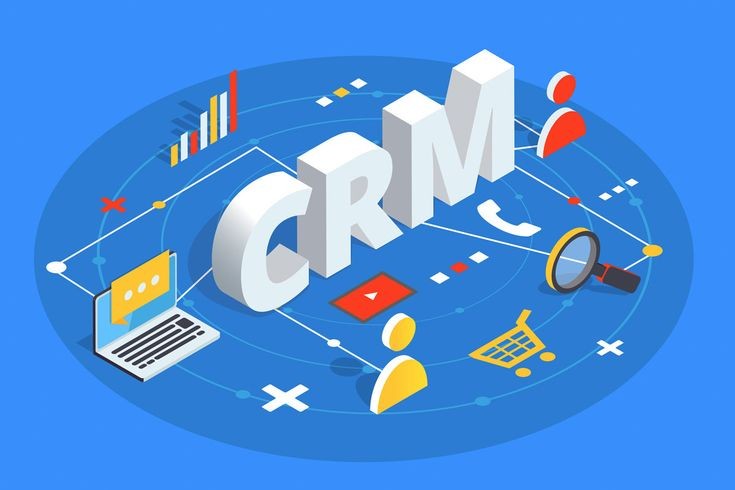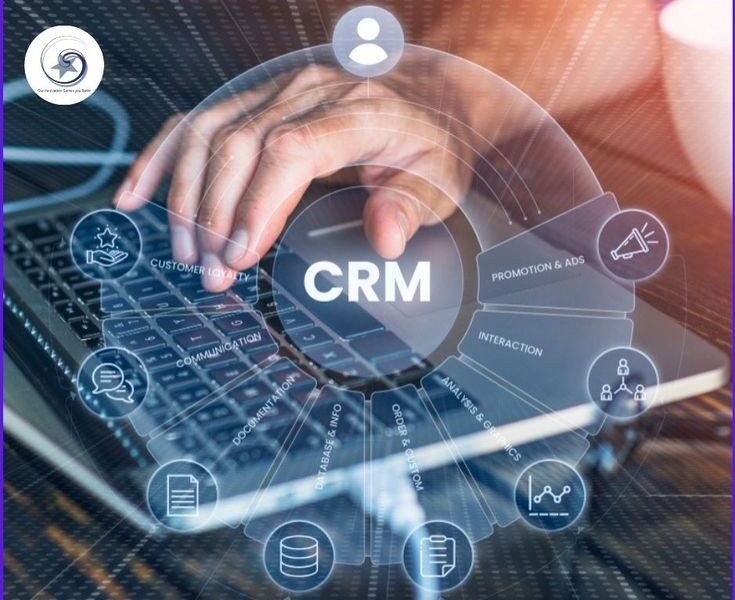As businesses become more committed to environmental responsibility, integrating sustainability into CRM strategies is essential. A sustainable CRM approach not only supports green business practices but also enhances customer trust and brand loyalty. Here’s how to effectively implement an eco-friendly CRM strategy in 2025.
1. Leverage Cloud-Based CRM Solutions
Cloud-based CRM platforms play a vital role in reducing the carbon footprint associated with traditional data centers. By using energy-efficient cloud services, businesses can lower their electricity usage and minimize hardware waste. In 2025, opt for CRM providers that prioritize sustainability, offering data centers powered by renewable energy sources.
2. Adopt Efficient Data Management Practices
Effective data management reduces unnecessary data storage, which can have a significant environmental impact. Implement practices like data deduplication, regular database cleanups, and smart archiving to optimize storage. Using AI-powered data analysis tools can help identify redundant data and automate the cleanup process.
3. Integrate Green Technologies
To further sustainability, consider integrating CRM software with eco-friendly technologies such as Internet of Things (IoT) sensors and smart energy management tools. For instance, IoT can monitor and reduce energy consumption in customer service centers, enhancing overall operational efficiency.
4. Promote Digital Communication
Shift customer interactions and communications from paper-based methods to digital platforms. Embrace e-signatures, digital contracts, and email campaigns over printed materials. This move significantly reduces paper waste and contributes to an eco-conscious brand image.
5. Measure and Report Environmental Impact
Use your CRM’s analytics capabilities to track and report on the environmental impact of your customer relationship operations. This includes measuring metrics such as paper savings, energy consumption reductions, and overall sustainability efforts. Transparent reporting strengthens stakeholder confidence and reinforces your commitment to sustainability.
Benefits of a Sustainable CRM Strategy
- Enhanced Brand Reputation: Businesses that prioritize sustainability can differentiate themselves in a competitive market, building stronger connections with eco-conscious consumers.
- Operational Cost Savings: Reducing paper and energy usage translates to lower operational costs over time.
- Compliance with Regulations: Staying ahead of environmental laws and regulations helps avoid penalties and ensures long-term business viability.
Conclusion
Implementing a sustainable and eco-friendly CRM strategy in 2025 is not just a trend but a necessary shift towards a more responsible business model. By leveraging cloud-based solutions, optimizing data management, integrating green technologies, and promoting digital communications, companies can reduce their environmental impact and foster a culture of sustainability.




